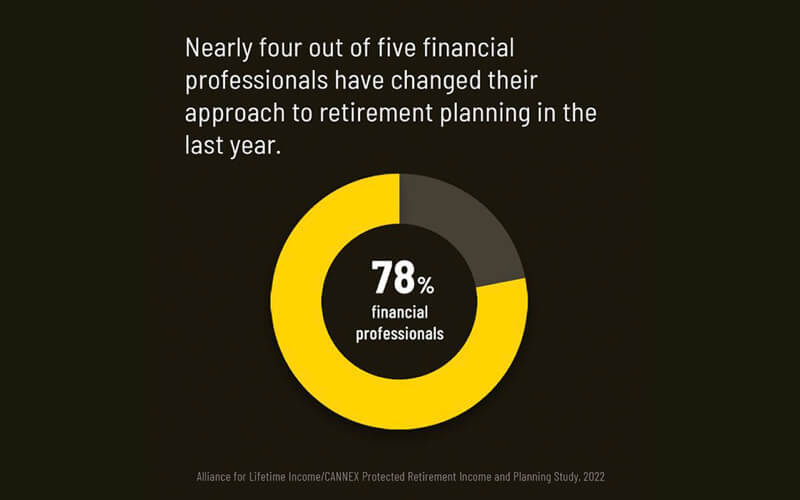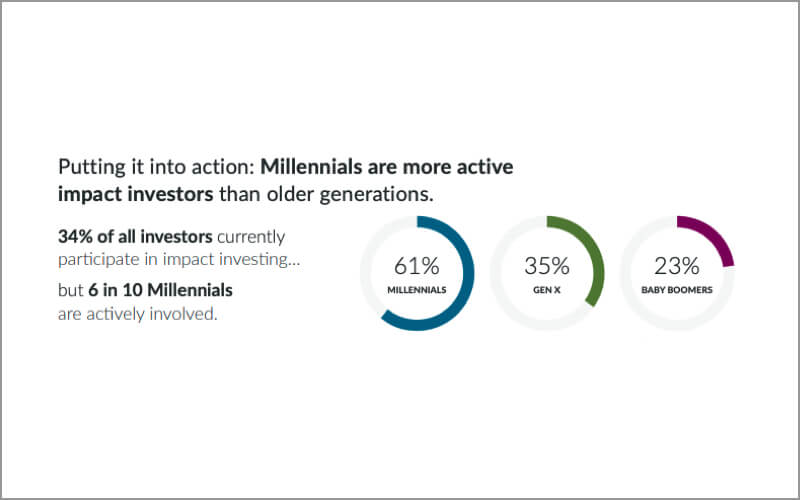Why does context matter in developing a brand positioning strategy?
I should venture to assert that the most pervasive fallacy of philosophic thinking goes back to neglect of context.
We like to apply this statement by John Dewey to our thinking about brand positioning strategy development, where we refer to the issue as the decision context—the usage situation most relevant at the time for at least some important segment of potential users. The decision context is the moment when a target decision-maker assesses his/her needs and wants based upon the physical requirements and emotional characteristics of (or desired from) the situation. These can be primarily physical and rational, or they can be primarily emotional, but they are ALWAYS some combination of the two.
A simple example is to consider an American businessperson choosing a hotel for two nights during an out-of-town business trip. Location (being close to his/her appointment), services (restaurant, workout facility), amenities and price are probably really important. So are more emotional characteristics, such as a hotel’s reputation for consistency, cache of the brand name and imagery associated with the expected décor. In order for a hotel brand to be effective in this context, then, it must have a combination of these rational and emotional elements.
Now, modify this scenario by making the business trip to a foreign place, say to Mexico City. A number of things would likely happen to the traveler’s hotel selection yardstick. Physical attributes such as location are still important, but perhaps a good location now means close to the railway station or near the main shopping district. Services are still important, but now they may include a complete business center and translation services. A competitive price may become less of a positive attribute, and may even become a negative attribute if it suggests staying on the wrong side of a strange city rather than a good value. Moreover, new emotional characteristics, like an American brand name or a friendly reputation, may become important for the first time.
Context makes the difference, and it’s one of the critical elements to consider with developing a brand positioning strategy. Any positioning could be powerful and compelling, or not, depending on how people think about it. How people think about a brand depends on what they want and need from it. And what people want and need is driven most by the context in which the brand needs to function for them.



